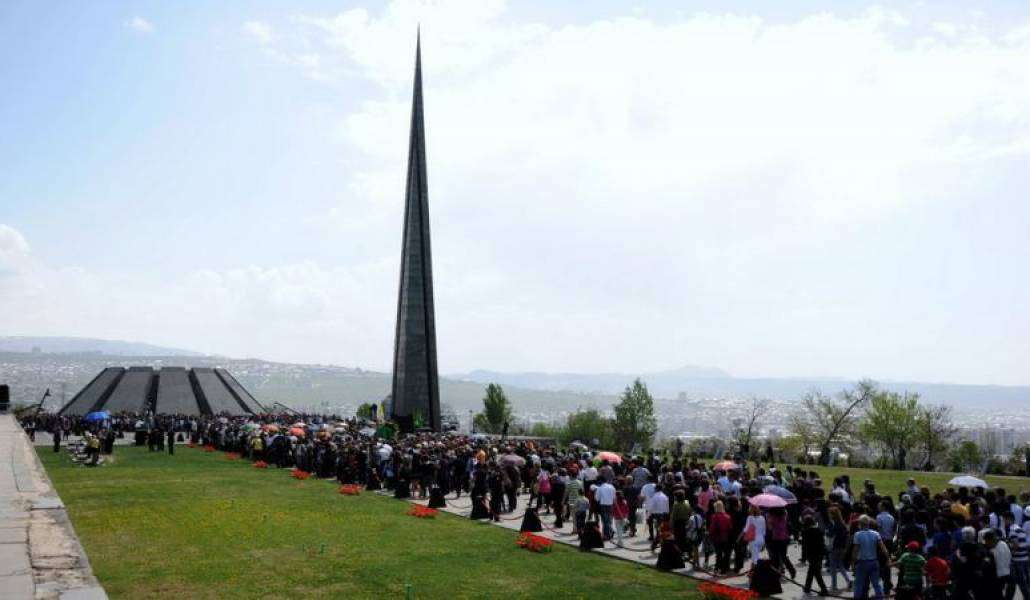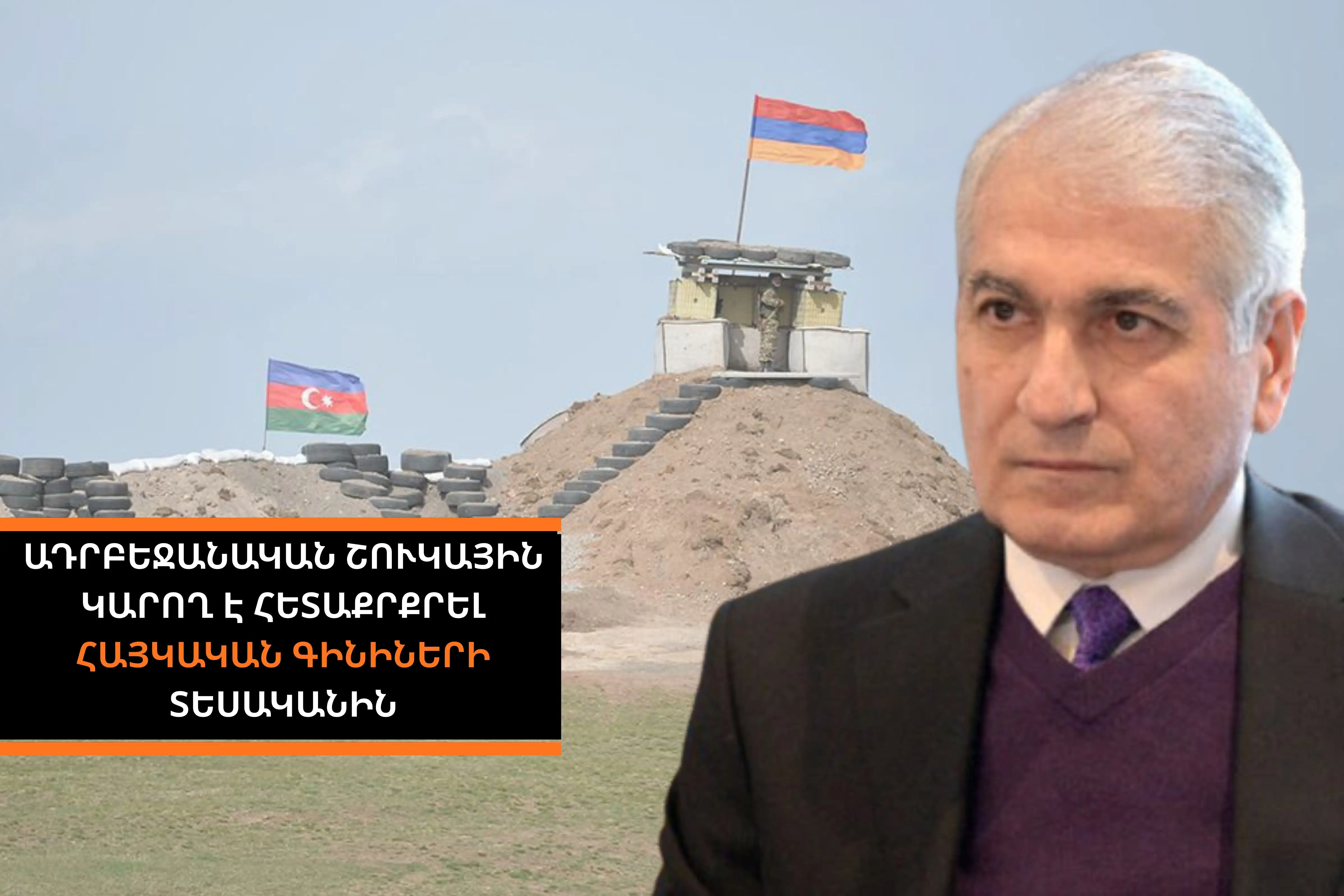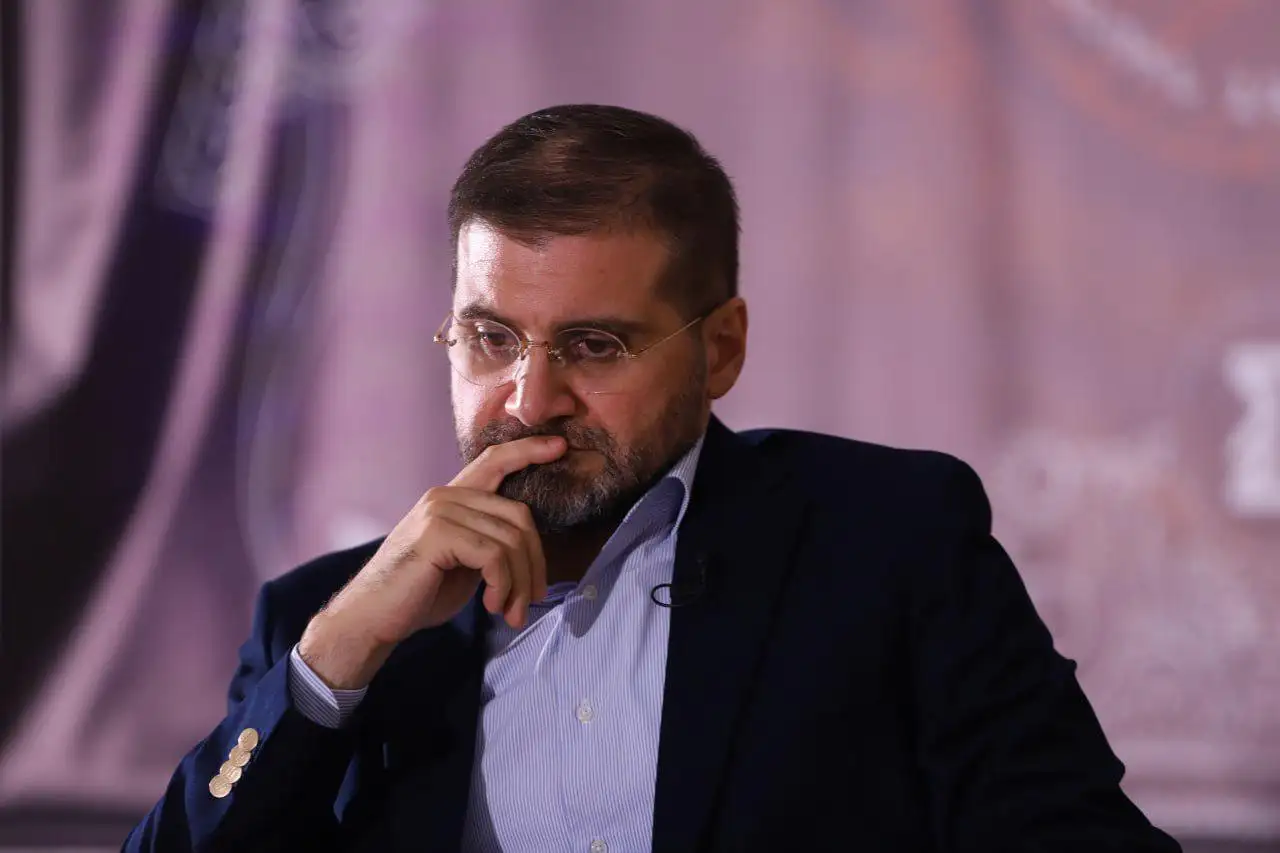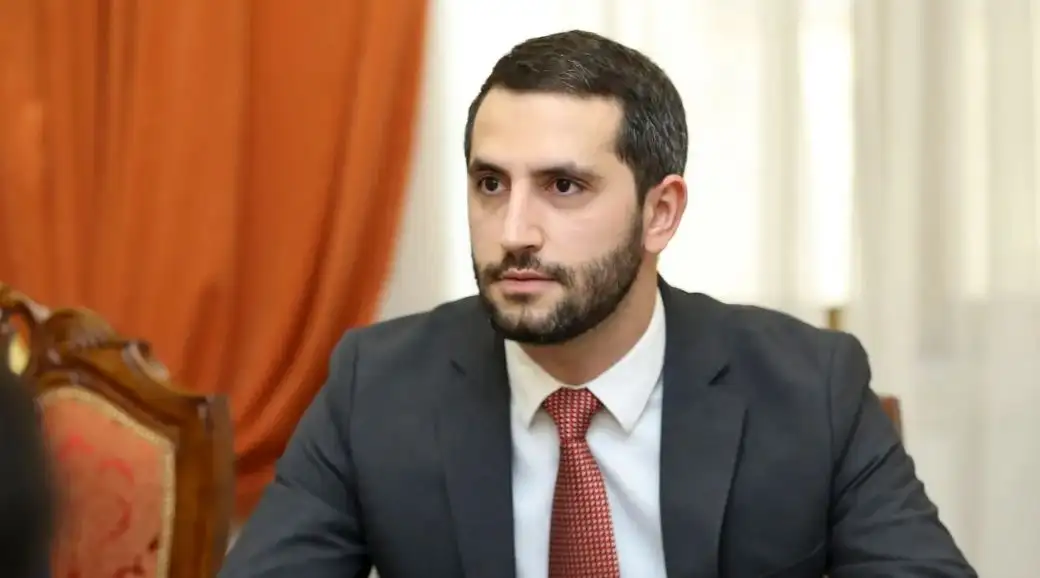International reactions to the 110th anniversary of the Armenian Genocide once again confront the reality that the recognition of historical justice continues to be subject to the immoral logic of international realpolitik.
"Genocide" in Trump's transactional "morality"
Unlike US President Joe Biden, who used the term "genocide" in his April 24th addresses in 2021 and 2024, his successor, Donald Trump, avoided using it in his speech on the 110th anniversary of the Armenian Genocide. Thus, it was demonstrated that American policy on this issue is not institutionalized or based on firm moral principles. Moreover, in the case of an administration that approaches politics with a transactional logic, which can speak without moral constraints about displacing the indigenous people of Palestine from their homeland and redistributing them to other countries as a solution to the conflict, and which, without a twinge of conscience, can change the roles of victim and aggressor in the Ukrainian conflict, there could be no extraordinary expectations from Trump. Against the backdrop of unstable relations in Syria, the Middle East, and within NATO, as well as in the Iranian crisis, Washington's line of not upsetting Turkey is more than evident.
The chauvinism of Russian silence
The same is true of Russia. On the 110th anniversary of the Genocide, official Moscow did not respond at any level, sending neither a message nor even a simple commemorative note, as it did in 2024. This silence of Moscow has a price: In the conditions of the war in Ukraine, the uncertainties surrounding Russian bases in Syria, and the partial circumvention of international sanctions through Turkey, diplomatic flirtations with Ankara are now of vital importance and are even more valuable for Moscow, although both sides understand that they are flirtations between "disgusted lovers."
On the other hand, Russia, of course, has officially recognized the Armenian Genocide. But against the background of its peacekeepers' absolute tolerance of the ethnic cleansing of Nagorno-Karabakh, this recognition loses its semantic historical and political value. No matter how much Moscow shouts that the depopulation of Nagorno-Karabakh was the result of a "conspiracy" by the Armenian authorities, the ethnic cleansing took place under conditions when the security of Nagorno-Karabakh and its population was exclusively within its sphere of responsibility. It is impossible to escape from that responsibility.
The absurd genre of Erdogan's denial
Against the backdrop of such shifting morals of the US and Russian regimes, it was natural for Turkey's denialism to deepen, as evidenced by the statements of President Erdogan and the Turkish Foreign Ministry on April 24. In Erdogan's address to the Armenian community in Turkey and the Armenian Patriarchate, for example, the systematic extermination and deprivation of the Armenian ethnic element in the early 20th century were equated with deaths due to "subversive attacks" and epidemics carried out by unnamed "armed groups." Ankara is demonstrating a new master class in confusing the places and roles of victims and executioners.
The official cold and stern denialist response of the Turkish Foreign Ministry, in turn, was an attempt not only to reinterpret history by its interests but also to turn denialism into a blackmailing tool to position itself against "external enemies." It was directed primarily against France, whose president's brief but targeted comment was not only specific in characterizing the events of the early 20th century as Genocide but also relevant in terms of viewing them in the context of a shared responsibility towards humanity.
It is evident that the more Turkey expands its regional sphere of influence and becomes more unfettered in its ambitions, the more unbridled Turkish "aggressive denialism" becomes.
These political shifts are factors that Armenia cannot ignore in terms of its policy on the Genocide. For Yerevan, international recognition of the Genocide, regardless of the loud and clear statements, has been more of a moral issue for years. This was primarily because, since independence, it has not been possible to formulate the essence and boundaries of Armenian claims.
From moral claims to military-political subjectivity
After 2015, the RA Ministry of Foreign Affairs attempted to move the issue from the moral to the political level by putting forward the resolution "Recognition of Genocide as a Means of Preventing a New Genocide" and assuming leadership of the campaign for its internationalization. Within this framework, in 2015, December 9 was included in the UN list of international days as the International Day of Commemoration and Dignity of the Victims of the Crime of Genocide and the Prevention of this Crime. In April 2024, the resolution "Prevention of Genocide" submitted by Armenia was adopted by consensus at the 55th UN Human Rights Council session.
However, these steps did not yield the expected results regarding the actual policy. September 2023 The world tolerated the unbridled ethnic cleansing of Nagorno-Karabakh, which was an open act of Genocide, and to which the RA Ministry of Foreign Affairs referred in its April 24 message of this year. These steps do not help now either since the international response to the Armenian exodus from Nagorno-Karabakh remains inadequate.
In other words, it is a fact that 110 years later, the battle for historical memory is still ongoing. However, the mere politicization of historical memory, the leadership of various international campaigns against the Genocide, and the presentation of demands to the world for the restoration of moral justice do not provide guarantees for excluding the recurrence of the Genocide. Absolute security is formed based on the development of one's own military-political and civilizational potential, diplomatic flexibility and maturity, and, as a prerequisite for the ability to establish a state, the instillation of state and civic thinking. Suppose the world approaches your national historical pain and tragedy according to the rules of the cruel game of realpolitik. In that case, there can be no other option than to approach the world through the prism of the regulations of that very game. When the expectation of historical justice turns into a ritual of political petition, it can no longer yield practical results. Moral impulses crumble to pieces when the world is guided not by values but by calculations of political dividends and dividends, colliding with the impenetrable wall of political reality.
Therefore, it is not only pointless but also harmful to search for the sincerity of the messages from different countries every year, ignoring the deep understanding of their purely political motives and substratum.
The more we deal with the purely moral side of the issue, the more we demonstrate our immunity's inviolability and political invulnerability against external challenges.
Gor Abrahamyan


















